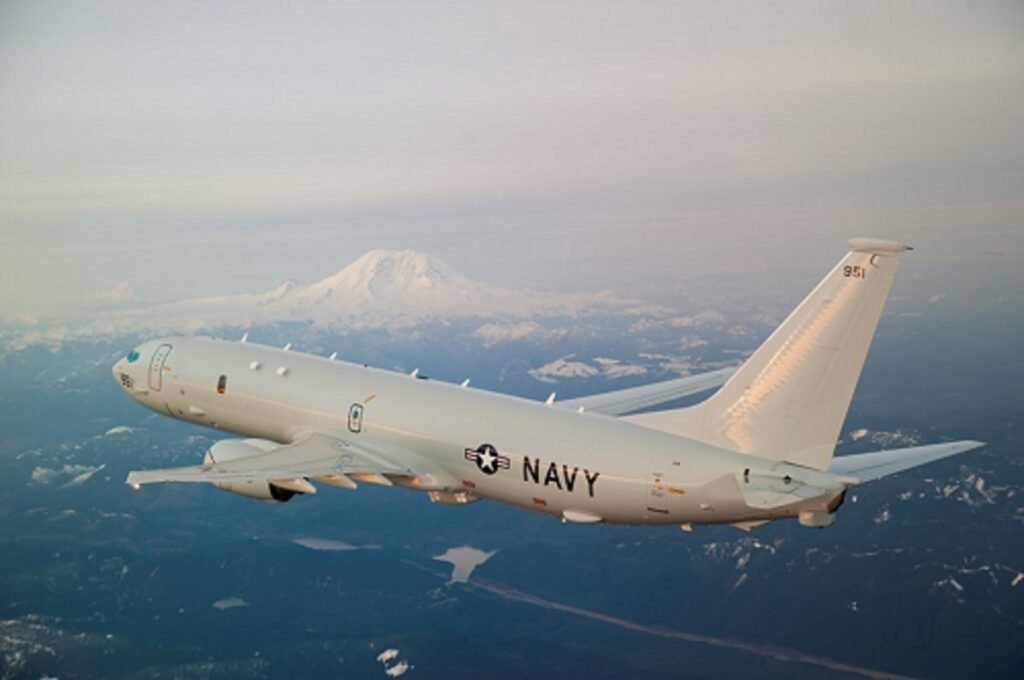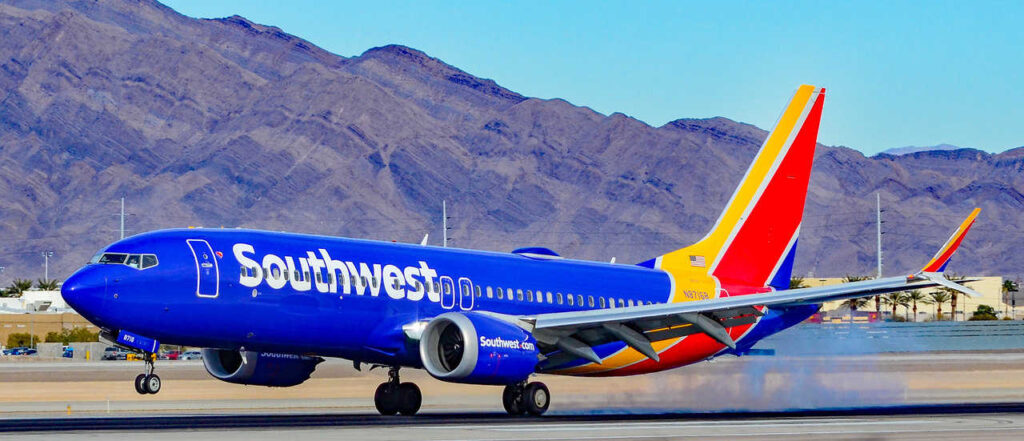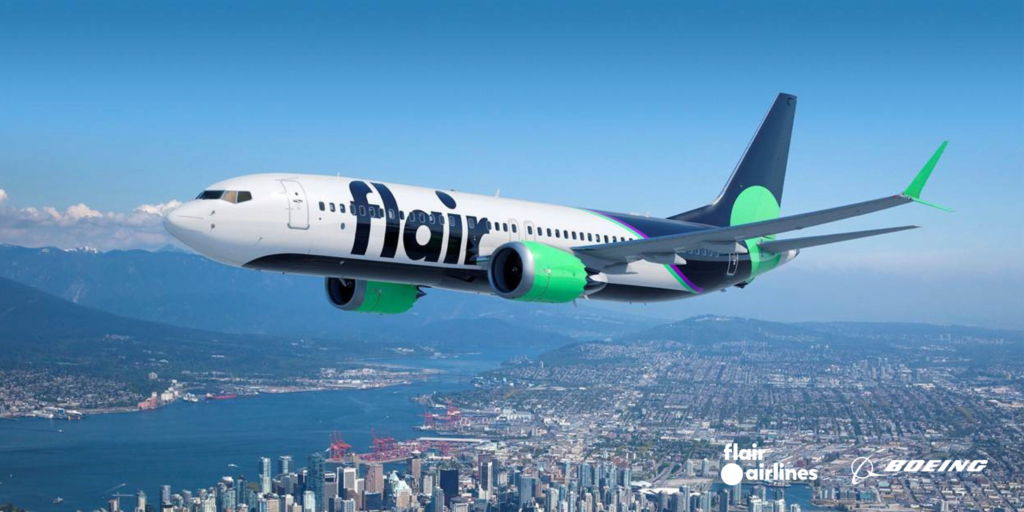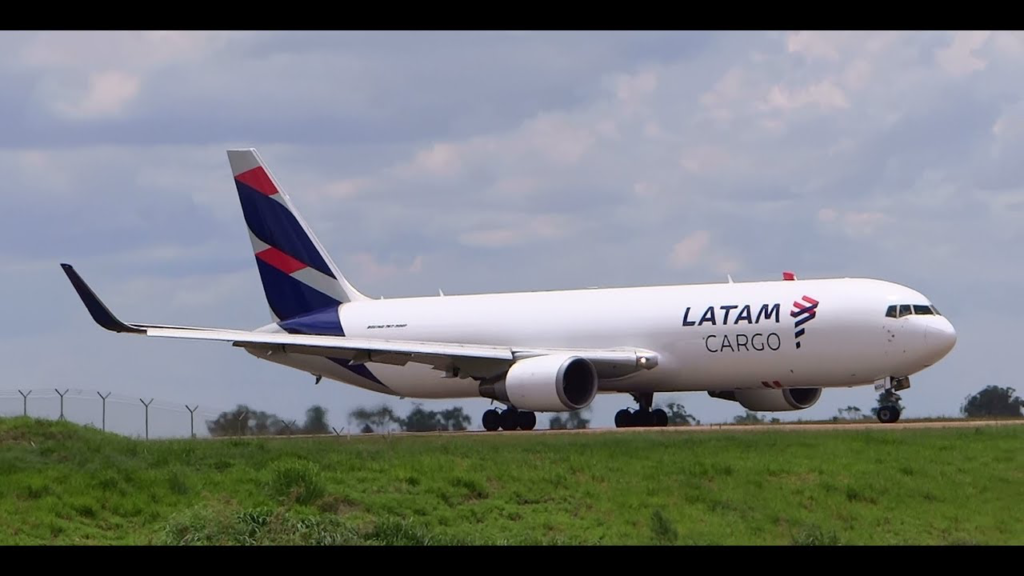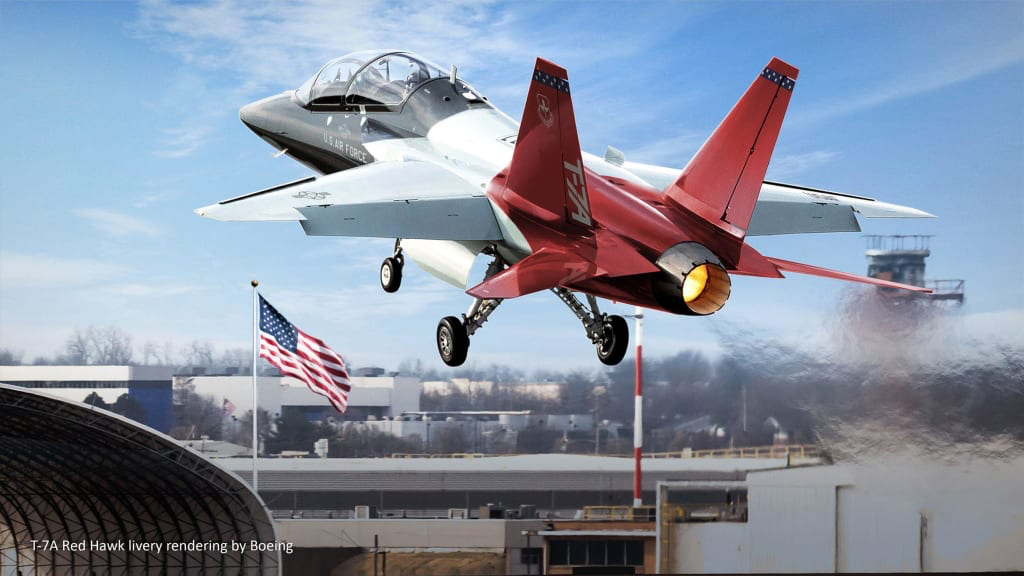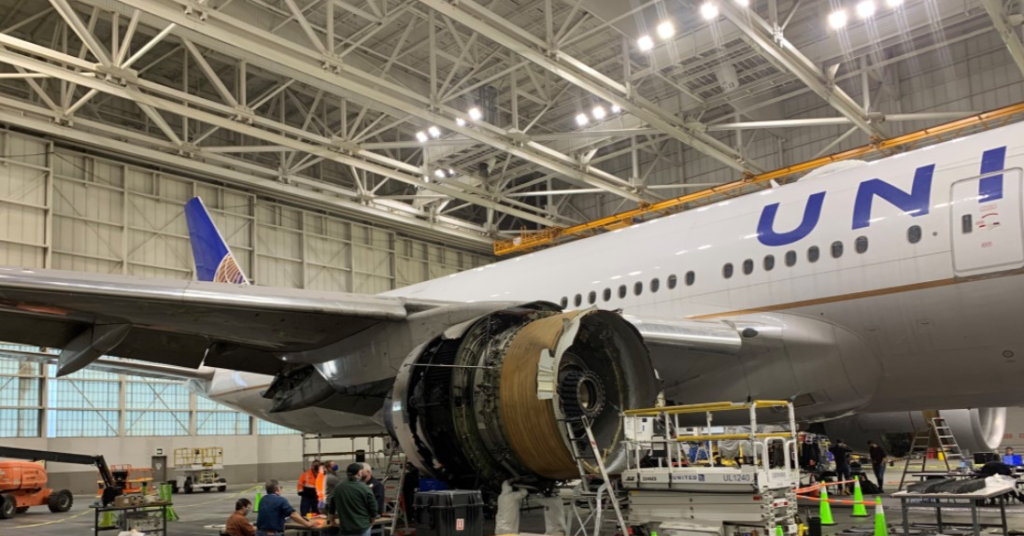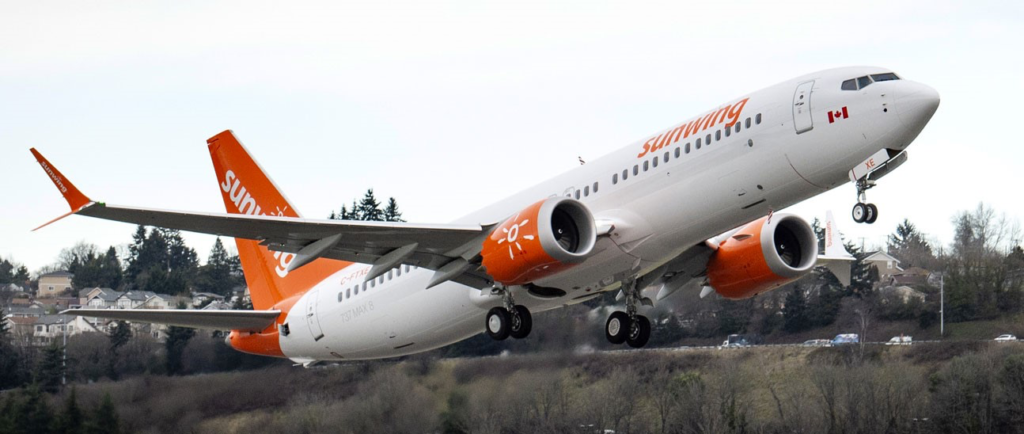Dubai Aerospace Enterprise Orders 15 Boeing 737 MAX Jets
SEATTLE, April 20, 2021 /PRNewswire/ -- Boeing [NYSE: BA] and Dubai Aerospace Enterprise (DAE) today announced the aircraft lessor is growing its 737 MAX portfolio with an order for 15 737-8 jets. DAE had been investing in…

